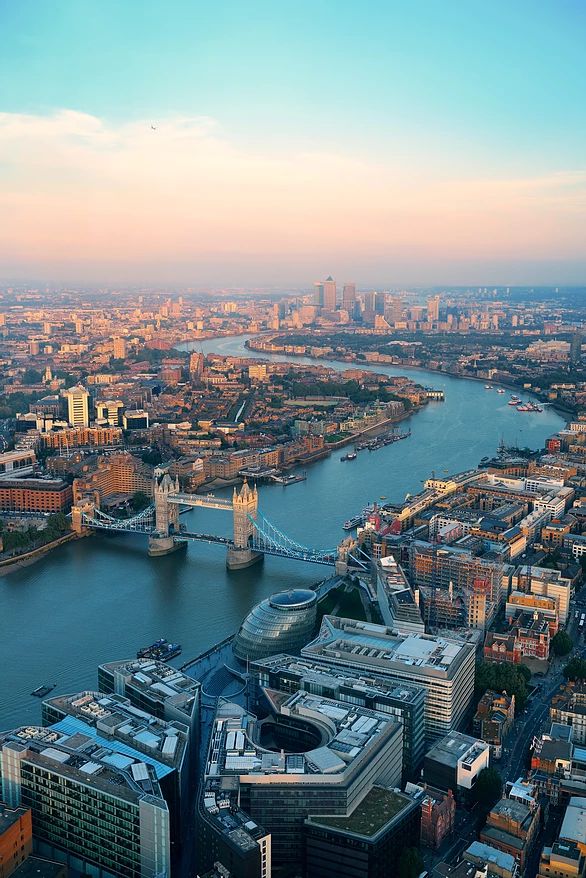Stamp Duty Land Tax Temporary Relief

From the 8th July 2020 to the 31st March 2021 inclusive, the UK government has temporarily raised the tax threshold for Stamp Duty Land Tax (SDLT) from £125,000 to £500,000 to help buyers, including first timer buyers, overseas buyers and investors, buy to let investors as well as companies in their purchase of properties in England and Northern Ireland.*
Our property conveyancing team at Chan Neill Solicitors has summarised the temporary SDLTrelief for you in a straightforward way.
1. SDLT is a standard tax required by the government paid by the buyer when purchasing a residential property in England and Northern Ireland*.
2. SDLT applies to both freehold and leasehold properties, newbuild or existing properties, commercial or residential properties.
3. SDLT is a tiered, threshold system, where the higher the property value, the higher stamp duty you are required to pay.
4. If you or your spouse own more than one property worldwide (have a property registered under your name or your spouse’s name), you pay an additional 3% surcharge on top of the standard rates for SDLT.
Purchase of sole property (or replacement of existing main dwelling)
SDLT rate
Up to £500,000
Zero
The next £425,000 (the portion from £500,001 to £925,000)
5%
The next £575,000 (the portion from £925,001 to £1.5 million)
10%
The remaining amount (the portion above £1.5 million)
12%
Purchase of an additional property
SDLT rate
Up to £500,000
3%
The next £425,000 (the portion from £500,001 to £925,000)
8%
The next £575,000 (the portion from £925,001 to £1.5 million)
13%
The remaining amount (the portion above £1.5 million)
15%
Companies as well as individuals buying residential property worth less than £500,000 will also benefit from these changes, as will companies that buy residential property of any value where they meet the relief conditions from the corporate 15% SDLT charge.
At Chan Neill Solicitors we are happy to advise our clients regarding complicated legal and tax issues, purchases, sales and re-financing of properties. We can also advise you on moving money from abroad to the United Kingdom. For any further information please contact us at conveyancing@cnsolicitors.com.
* In Scotland buyers pay the Land and Buildings Transaction Tax and in Wales buyers pay Land Transaction Tax.
Until when can I remain in the UK due to ongoing COVID-19 outbreak?
Throughout the last few months, the UK Government has taken several measures to combat the spread of the COVID-19. One of those measures was the closure of international travel borders. The inability to return to the countries of permanent residence due to flights restrictions and cancellations caused by the COVID-19 outbreak resulted in many people overstaying their UK visas.
The UK Government acknowledged the situation and to date has made several concessions. As such, the Home Office’s initial guidance conferred leave to remain until 31 March 2020 to Chinese citizens only, whose UK visas had expiry date between 24 January 2020 and 30 March 2020. The same was allowed to non-Chinese nationals who were normally resident in China.
The UK Government’s guidance was updated on 24 March 2020 to cover all nationalities, enabling people to extend their visas until the 31st of May.
On 22 May 2020, the UK Government extended its concession to 31 July 2020.
The travel restrictions have now been lifting globally. As a result, the Home Office is now expecting that people take all reasonable steps in order to regularise their immigration status in the UK or to leave the country by the 31st of July 2020. However, the announcement created somewhat of a confusion, since many countries worldwide are still in lockdown, hence, will not be opening their international travel borders at least by the end of August.
The UK Government was prompt to provide further clarifications. On 30 July 2020, amended guidance was published on GOV.UK website stating as follows:
“To allow time to make the necessary arrangements to leave the UK, if you have a visa or leave that was due to expire between the 24 January 2020 and 31 August 2020, you’ll be able to stay within the UK to 31 August 2020.
From 1 to 31 August 2020, the conditions of your stay in the UK will be the same as the conditions of your leave. So, if your conditions allowed you to work, study or rent accommodation you may continue to do so during August 2020 ahead of your departure.”
The announcement further goes on to clarify that those, who intend to leave the UK but unable to do so by the 31st of August, may request additional time to remain in the UK by contacting coronavirus immigration team.
Most importantly, the Home Office has now confirmed that the period of overstaying in the UK between 24 January 2020 and 31 August 2020 will have no future adverse immigration consequences for those, who did not make an application to regularise their immigration status.
If you are concerned about your immigration status in the UK, please do not hesitate to contact our immigration team for advice.
Please note that requirements may vary from case to case based on the nuances of your situation, and the information on this page is not intended to replace legal advice.

